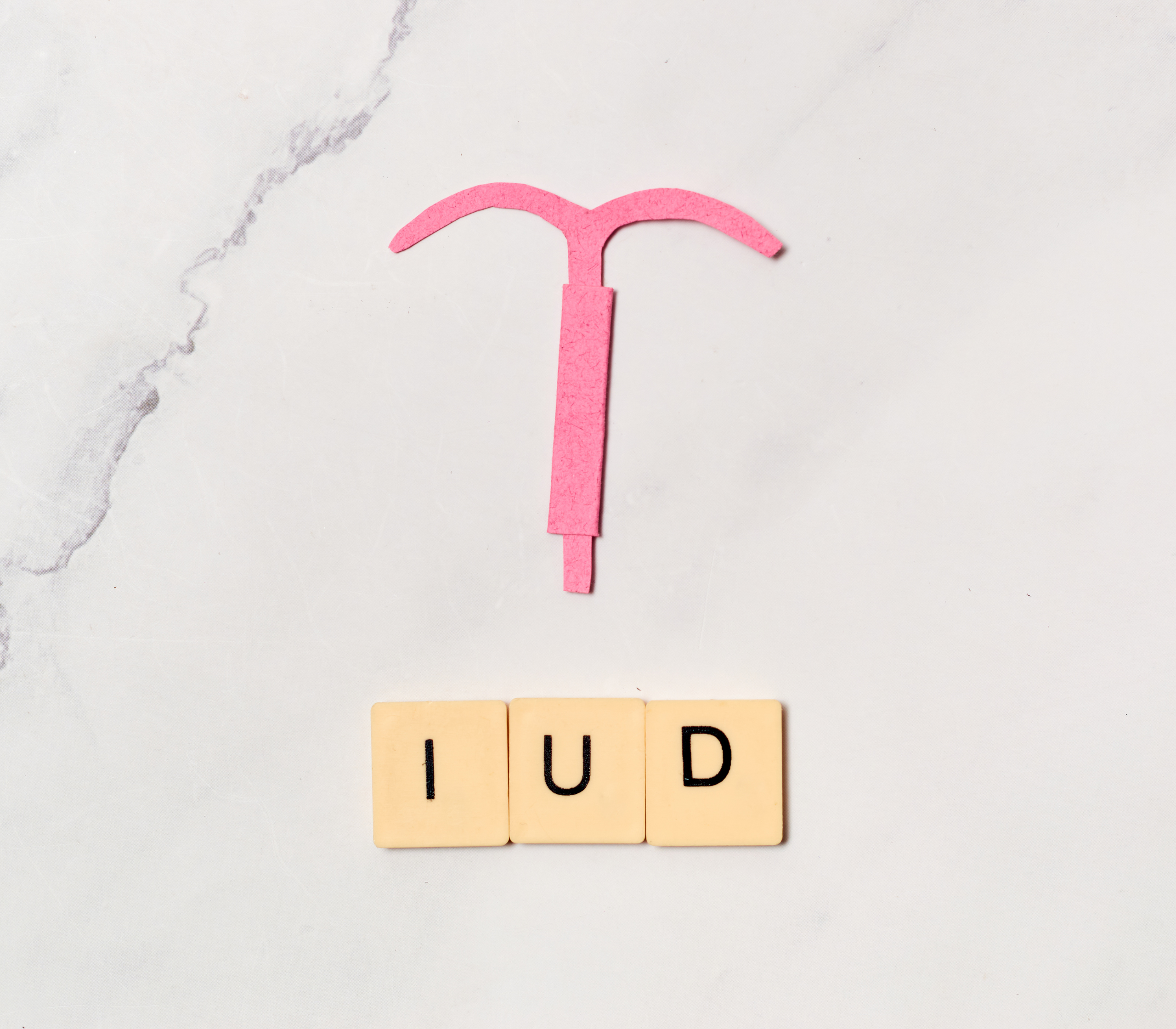
If you’re reading this blog, you may have an IUD! According to the CDC, 10.4% of women 15-49 years old are currently on a long-acting, reversible contraception, known as an intrauterine device or implant. While you may be using birth control for preventative reasons, can you donate your own eggs to help someone else become pregnant? Can you donate eggs with an IUD, or other methods?
Join us as we shed light on the use of common contraceptives during the egg donation process.
Can you donate eggs with an IUD?
Can you donate eggs with an IUD? Before we can answer this question, we’ll need to distinguish the two types of intrauterine devices: copper (non-hormonal) and hormonal.
Copper IUD’s: Nonhormonal, copper IUD’s utilize copper as a sort of “spermicide”, as it kills the sperm before it can reach and fertilize one of your eggs.
Hormonal IUD’s: This IUD contains the hormone progestin levonorgestrel, which thickens the cervical mucus, stopping sperm in its tracks from fertilizing with an egg. Hormonal IUD’s can also stop ovulation, so a matured egg would not release at all. So, a hormonal IUD can stop your period all together. According to Mayo Clinic, 20% of people who use Mirena (hormonal IUD), stopped having periods after a year of use.
So, how are these different in terms of donating your eggs? If you have a copper (nonhormonal IUD) you should be able to keep your IUD in for the entirety of the donation process. However, if you have a hormonal IUD (Mirena), our clinical staff may need to ensure it has not caused your period to become irregular or stop altogether. To be an egg donor and successfully time and complete your cycle, applicants need to have a consistent, regular period. This may not include those that are not currently on any contraceptives at all and could start birth control to regulate their cycle. However, an irregular period can indicate other hormonal imbalance issues that may need to be investigated (PCOS, Endometriosis etc..).
So, having an IUD does not disqualify you from donating your eggs. You’ll work with our donor coordinators and clinical staff to determine if the IUD has affected your menstrual cycle and what the next best step is!
Does an IUD block us from retrieving the eggs?
Can an IUD block access to your eggs when we retrieve them? No! The placement of the IUD does not interfere with the egg retrieval process, as our clinical staff retrieve a select number of eggs straight from your ovaries. An ultrasound probe is inserted into the vagina with a small, short, suctioning needle attached at the end. The needle will pass through the vaginal wall, and then locate the follicles in your ovaries, which contain the eggs. An IUD is placed and stays in your uterus, after passing through the opening of your cervix.
What about other birth control methods?
For those who don’t have an IUD, and are on the pill, patch, or may even have tubal litigation, can you donate?
Birth control pills: Yes, you can donate on birth control pills! The pill does not reduce your fertility rates to prevent pregnancy but uses hormones to block fertilization.
NuvaRing or Birth Control Patch: Yes, you can donate eggs if you have the ring or patch.
Nexplanon/Implanon: You cannot donate your eggs if you have an implant.
Depo-Provera: You cannot donate your eggs if you have “the shot.” This is because the injection releases hormones that lower your fertility rates to prevent pregnancy.
Tubal litigation: While this is a sterilization procedure to prevent ANY future pregnancy, you can donate your eggs with tied tubes! Our clinical team does not need to pass through your fallopian tubes to retrieve your eggs.
Do I need to stop my birth control at any point?
If you are on birth control pills, there will come a point after medical screening, where you will need to begin hormone injections, and temporarily pause your birth control. During this two-week period, your ovaries and a select number of eggs will be stimulated and matured to prepare them for retrieval. Once egg retrieval is complete, you’ll be able to resume taking your pills.
Is there any risk of pregnancy?
During the two-week hormone stimulation period, we strongly advise our donors to remain completely abstinent. This is because the level of hormones from the injections will cause you to be incredibly fertile, with a large possibility of multiple fetuses if you to have sex.
What do I do if my Birth Control disqualifies me?
Not all hope is lost! If you are on an unapproved form of birth control, if you so choose, you can decide to discontinue and re-qualify. To do so, you would need to discontinue, then wait two regular period cycles, then reach back out to our clinical team!
Final Word on “Can you donate eggs with an IUD?”
You can donate your eggs with most IUD’s, but our clinical staff will work with you to determine if your IUD has affected your period regularity.
Become an Egg Donor with us today!
Take the first step towards egg donation with us today! Aspiring applicants can apply online to see if they meet our general qualifications to donate.
Follow us on our socials!
Check out our Instagram, Facebook, and LinkedIn pages to see our content and learn more!




